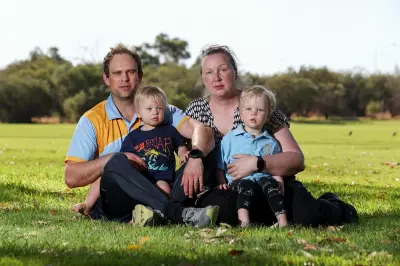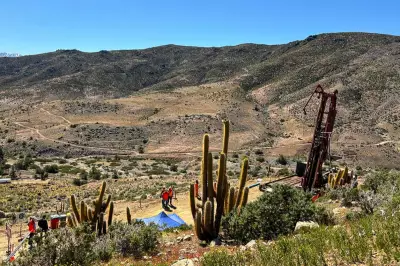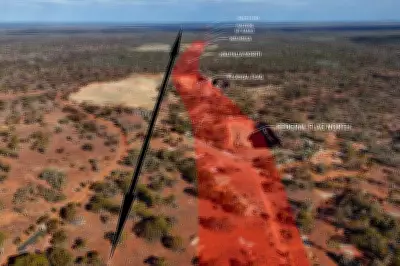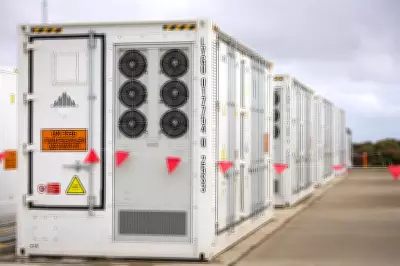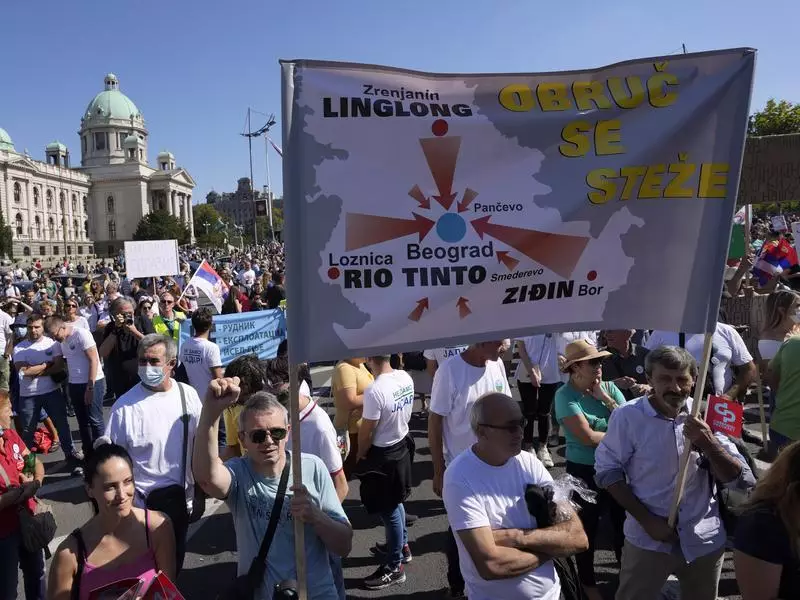
Mining giant Rio Tinto has officially placed its controversial $4.5 billion Jadar lithium project in Serbia into care and maintenance, effectively halting development of the massive mining operation that faced fierce public opposition.
Project Suspension Amid Permitting Delays
In an internal memo circulated to select staff this week, Rio Tinto chief executive Simon Trott confirmed the Jadar project would be mothballed due to ongoing regulatory challenges. The decision comes after years of delays in obtaining necessary permits for what was slated to become one of Europe's largest lithium operations.
"Given the lack of progress in permitting, we are not in a position to sustain the same level of spend and resource allocation," the internal communication stated, highlighting the company's rationale for suspending the ambitious development.
Public Opposition and Political Pressure
The Jadar project, discovered in 2004, promised significant production capacity with potential output of 58,000 tonnes of lithium carbonate, 160,000 tonnes of boron acid, and 255,000 tonnes of sodium sulfate annually. However, the project faced mounting resistance from Serbian citizens concerned about environmental impacts.
Massive protests organized by environmental campaigners culminated in the Serbian government revoking Rio Tinto's permit for the multi-billion-dollar project in January 2022. Although the Serbian Constitutional Court later ruled in 2024 that the 2022 decision was unconstitutional, the damage to the project's viability had already been done.
Local communities remained deeply worried that the mine would destroy prime agricultural land in the Jadar valley region near the western Serbian village of Gornje Nedeljice.
Broader Strategic Shift Under New Leadership
The decision to mothball Jadar aligns with Simon Trott's cost-cutting agenda since taking over Rio Tinto's top position three months ago. The move represents a significant departure from the strategy of his predecessor, Jakob Stausholm, who had been a strong advocate for lithium expansion.
Stausholm had earmarked more than $15 billion to build up Rio Tinto's lithium division during a period of weak prices for the battery commodity, taking a counter-cyclical approach that now appears to have lost favour with the company's board.
Deutsche Bank analyst Liam Fitzpatrick noted in July that Rio's board had grown impatient with Stausholm's lithium strategy and likely wanted Trott to begin cutting losses. This assessment was based on comments from Rio's chairman Dominic Barton, who emphasized capital discipline and selective investment in the best opportunities.
Since assuming leadership, Trott has implemented several cost-cutting measures, including making Rio's Australia chief executive Kellie Parker and Brisbane-based minerals division chief executive Sinead Kaufman redundant on August 27 - just two days after officially starting as CEO.
In recent comments, Trott emphasized that Rio would only progress "the very best" of its numerous lithium options, stating that "the bar is really high" for future projects. The company is also examining internal structures to reduce organizational layers and improve decision-making efficiency.
The Jadar project had initially been scheduled for first production in 2026, which was subsequently pushed back to 2028 before the current suspension.


